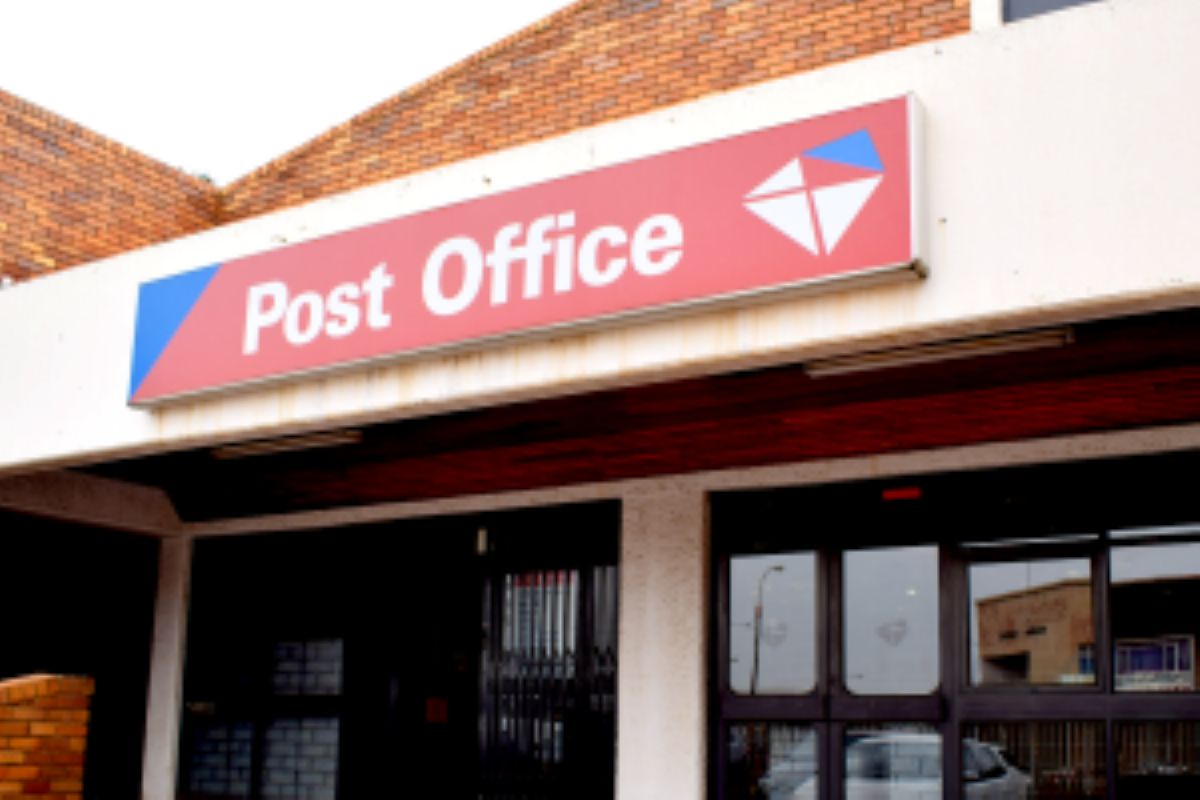
Cape Town has become a popular hotspot for remote workers, particularly since the Covid-19 pandemic.
Stunning landscapes, culture, and urban sophistication gives Cape Town a city-nature balance like no other. These elements have always been a major driver of tourism to the Cape.
Add high-speed internet, modern co-working spaces, relatively low cost of living, and affordable housing and the city is a Mecca for international digital nomads.
While this extra tourism suits the local economy, it has contributed to an escalating housing crisis in the city.
In response, Cape Town Mayor Geordin Hill-Lewis has proposed taxing short-term rentals “appropriately” to put everybody on an “equal footing.”
Cape Town’s property woes
Cape Town’s housing crisis began long before the rise of digital nomads, writes Mail & Guardian.
Nonetheless, the subject has stirred debate among locals, who say their rands simply cannot compete with euros, dollars and sterling.
According to the Daily Maverick, Cape Town residents argue that landlords prioritise short-term rentals over long-term leases.
This is driving up rental prices and reducing long-term rental stock, making it difficult for locals, particularly middle-income earners, to secure affordable housing.
Airbnb hosts to pay business tariffs
Data from Inside Airbnb shows that as of December 2024, there were over 25 800 short-term rental listings in Cape Town.
These were mostly along the Atlantic Seaboard, the southern suburbs and coastal areas.
Mayor Hill-Lewis says that a process is now under way in the accommodation sector—to change tariffs for those operating short-term rentals.
“You can’t come into a very tourism-rich market and basically run a small hotel,” Hill-Lewis said, arguing that those running permanent short-term rentals are essentially running businesses.
“If you’re running a permanent Airbnb, that’s what it is, but you’re not taxed like a hotel, you’re taxed like a private house.”
Increasing their tarrifs was “only fair,” Hill-Lewis said, adding: “There has to be an equal playing field.”
Who else is on board?
The Cape Town mayor is not the only one having discussions about the impact of the short-term rental market.
The issue was even raised in Parliament, in October 2024.
The Department of Tourism intends to support the long-term rental market by preventing large property owners from monopolising housing supply.
They plan to do this by introducing threshold-based rules, balancing market access with regulation and public interest.
And while Airbnb says it has long-supported regulation around short-term rentals, the market is still found wanting.
“While taxing short-term rental owners like commercial properties may be a step towards regulating the market, it does not address the root issue: the unchecked prioritisation of short-term profits over the right to housing,” attorney Jonty Cogger told the Daily Maverick.
“Cape Town will continue to cater to tourists and digital nomads at the expense of its own residents.”
What then, about digital nomads?
Meanwhile, Southern Africa Tourism Services Association (Satsa) chief executive David Frost insists the benefits of welcoming remote workers to Cape Town far outweighs the potential downsides.
For example, their presence has the potential to reduce the effect of seasonal fluctuations.
“By proactively addressing concerns and implementing strategies to ensure the influx of nomads positively impacts all residents, South Africa can become a model for sustainable and inclusive economic development in the era of remote work,” Frost noted.
Is the influx of digital nomads a good or bad thing for Cape Town?
Let us know by leaving a comment below, or send a WhatsApp to 060 011 021 1.�
Subscribe to The South African website’s newsletters and follow us on WhatsApp, Facebook, X and Bluesky for the latest news.














